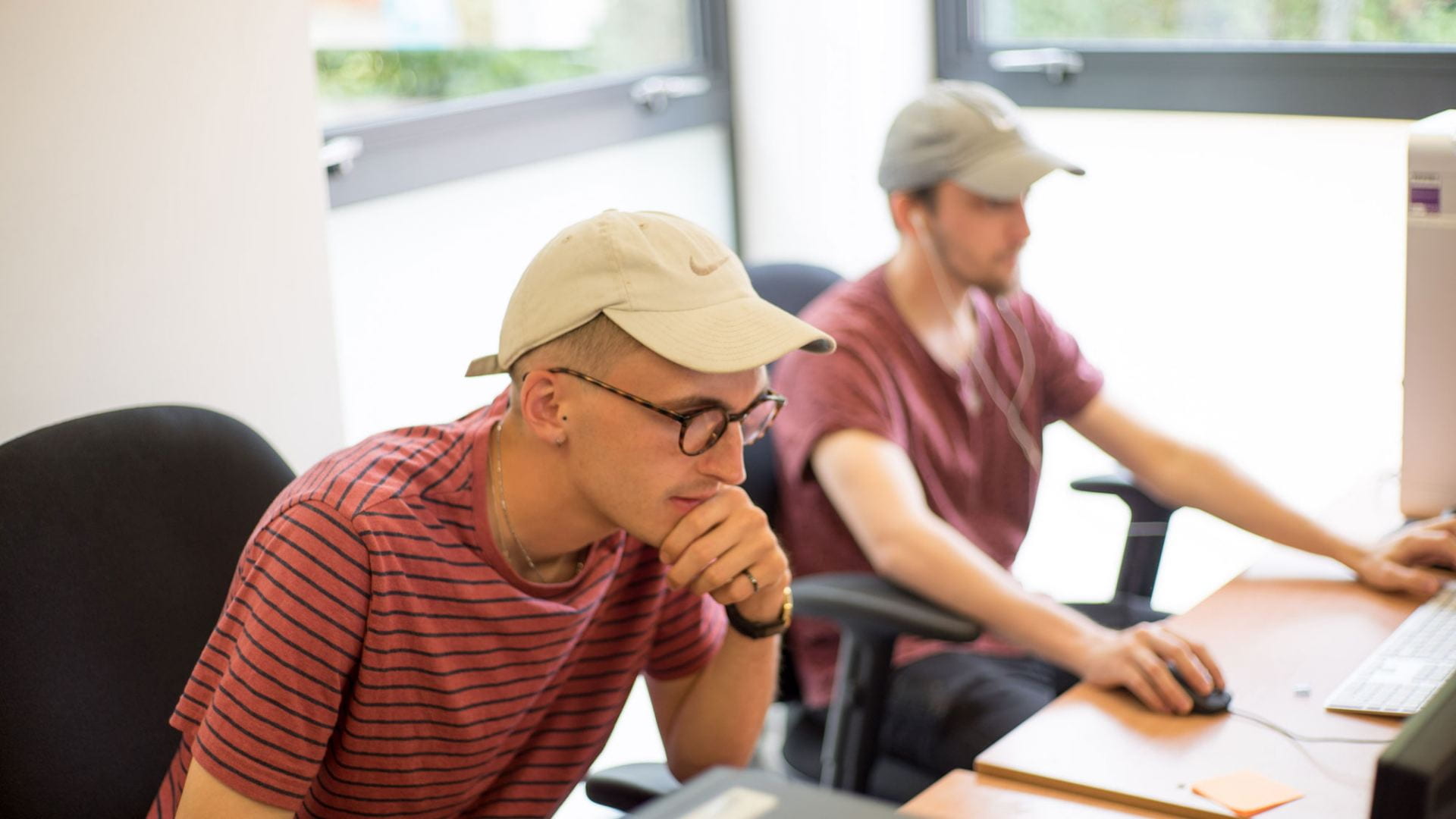I'm a 3rd year Politics and International Relations student from Birmingham. I love training in Brazilian Jiu-Jitsu, running, and flying in a glider near Stratford-Upon-Avon, in Warwickshire. At university I have been learning Arabic outside of class and have an…

Transitioning from college to university can be difficult but being prepared can make the whole process much easier.
Lectures
For the most part, lectures will be a new experience in a different learning environment than you are used to and they tend to be less interactive and discussion based. Instead, there is more focus on the lecturer delivering a lot of information in a short amount of time (usually 1-2 hours) and you’ll be expected to absorb the info and take notes.
Although every lecturer has a different style, the majority will use lectures to explore a subject and explain theories and ideas to the students. There are very few times that a discussion will be prompted within a lecture, and opportunities to ask questions can be rare.
TIP: I find that having a separate page at the back of my notebook called “Seminar Questions” has helped me to remember pieces of the lecture on which I wish the seminar tutor to elaborate on.
Keeping notes and building on them
I quickly learned that it is very easy to fall into the trap of simply writing down everything that you see on the power point presentation that the lecturer is using. This is especially true during your first experiences with lectures, where you may be used to having all the information simply put on a board. However, sometimes the most important information in a lecture is not what is on the board but what the lecturer may say in addition to the content on the slides. So make sure you pay attention to the talking as well as the writing.
Writing up notes can be a chore, especially when you get back from lecturers and just want to relax. The best thing I have found that prompts me to write up notes is either going to the library after lectures that day or writing them up during dinner.
I would really recommend checking out the Learning at Lincoln website, it gives great advice on increasing speed and accuracy while note taking.
Tips for your first Seminars
Seminars can seem like a strange concept when coming out of college; all of a sudden, you are asked to have an open discussion withing a class rather than just giving an answer. I have found that every seminar tutor has a different style. Some will go around the group methodically asking for your opinion or for you to build on another person’s answer; others will separate you into groups to create meaningful discussions and a collective answer on a subject.
For people new to seminars I would recommend that you get involved, speak honestly about your opinions and views on a subject, and try to go with the flow of the seminar tutors speed and style. They know best!
Keeping up to date with reading
Personally, one of the challenges I found most difficult to deal with was the vast amount of reading that university entails. In first year this seems like a great deal and is hard to sink your teeth into, it was certainly a step up from college or sixth form. Breaking your reading up into small chunks, or having a regular break during reading sessions, might help.
Overall tips
- Learn to take notes effectively and be careful which pieces of information you take down.
- Get involved in seminars and discussions.
- Work hard to keep up to date with your reading.
- Check out http://learning.lincoln.ac.uk/ for loads of great information on academic standards and practices.
I study Politics and International Relations at Lincoln, so some of this information may be different compared to your subject area. However, I think these tips are helpful to all university students, especially those who are transitioning from college to university.




